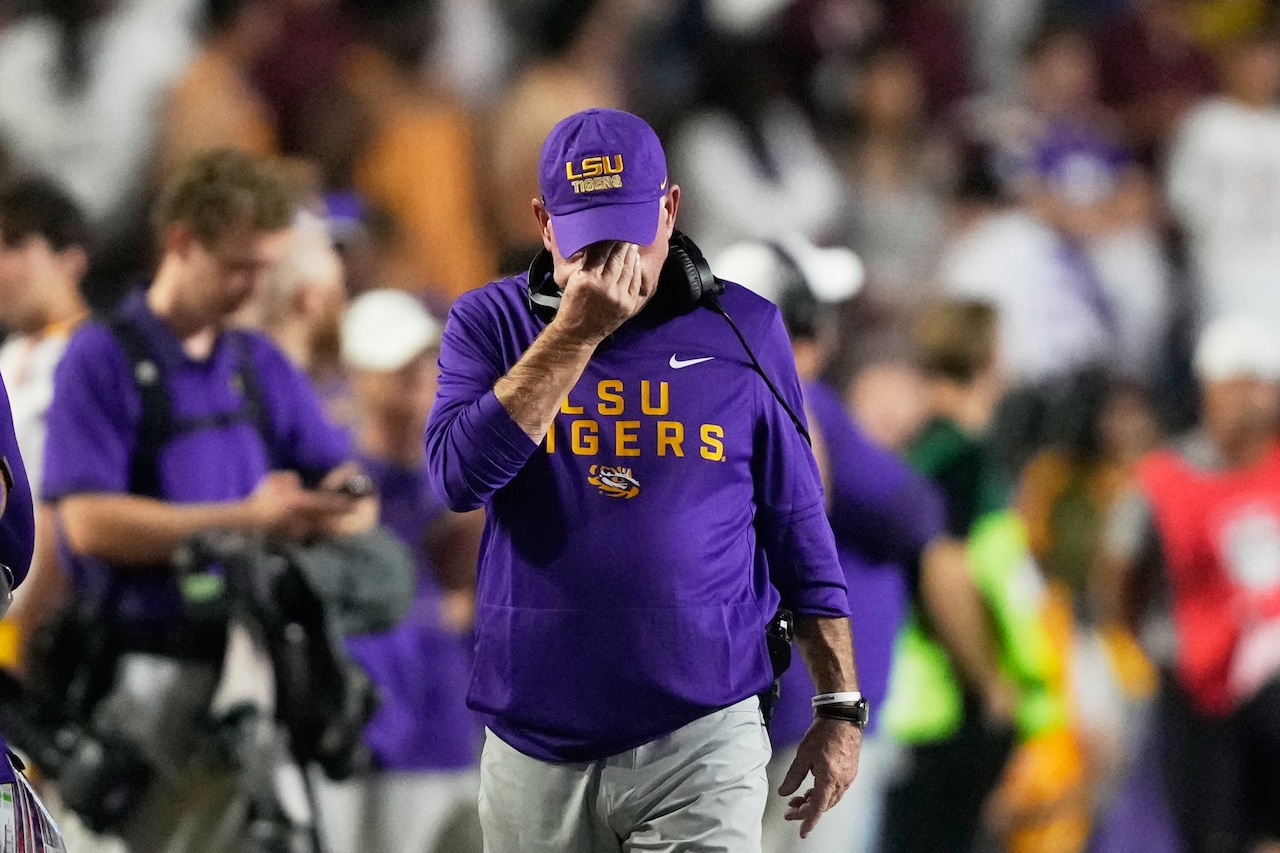Copyright cleveland.com

CLEVELAND, Ohio — In the aftermath of Brian Kelly’s firing from LSU, the college football world is getting its first real glimpse behind the curtain of what truly went wrong in Baton Rouge. While public perception focused on losses and sideline tantrums, the reality was far more damning: Kelly was simply never fully invested in one of college football’s most prestigious jobs. The bombshell revelation came during a recent episode of Josh Pate’s college football show where Pate, who had noticeably cooled on Kelly over the past year, finally unveiled the truth now that Kelly’s tenure has concluded. “He was checked out. He was totally checked out. In the most critical parts of roster construction season there, portal recruiting, this dude was on a beach,” Pate explained. “It never really got talked about publicly and I never talked about it publicly. But hey, man, he’s gone now. So, I’ll talk to you about it now.” It wasn’t just casual disinterest. This represented a fundamental failure to respect the magnitude of the position Kelly held. At LSU, one of the sport’s crown jewel programs, such behavior is practically sacrilege. “You’ve got to dedicate your life to it. And he didn’t. He dedicated some of it,” Pate said. “I mean, the guy’s on a beach in Florida when a lot of the most critical periods of the calendar are going on.” The implications of Kelly’s absence during crucial periods were far-reaching. The program reportedly added staffers Kelly “didn’t know a ton about” before they joined his team. While some of these hires surprisingly became valuable additions, others were described as “train wrecks” – a direct result of the head coach’s disengagement from the hiring process. Perhaps most concerning was the toxic environment this created. While Kelly collected his eight-figure salary, the staff working under him was left to operate in an increasingly dysfunctional atmosphere. “Can you imagine how toxic that building has been?” Pate asked. “I can because I talk to people in it, but I’m telling you that building has been beyond toxic.” The revelation explains much about Kelly’s public behavior in recent weeks, particularly his sideline antics that appeared designed to deflect blame. After the Tigers’ devastating loss, Kelly was seen screaming at assistants in front of cameras, behavior Pate suggested was calculated self-preservation. “The strategy was position yourself to take credit if it works. And then when you see it not working, reposition yourself to be sure there are several bodies in front of you to throw under the bus long before it’s time for yours to be thrown under there,” he explained. For Tiger fans, Kelly’s firing brings both closure and hope. While the program now faces uncertainty, it also has an opportunity to find a leader who truly appreciates the prestige of coaching at LSU. Someone willing to be fully present rather than mentally checked out on a Florida beach while collecting one of college football’s highest salaries. The irony is that Kelly, who departed Notre Dame for seemingly greener pastures and greater opportunities, will now “get a ton of money to not coach anymore and to go golf and to go sit on the same beach that he was sitting on during key periods of the year anyway.” For LSU, the path forward is clear: find a coach who understands that leading the Tigers requires total commitment, not occasional attention.



